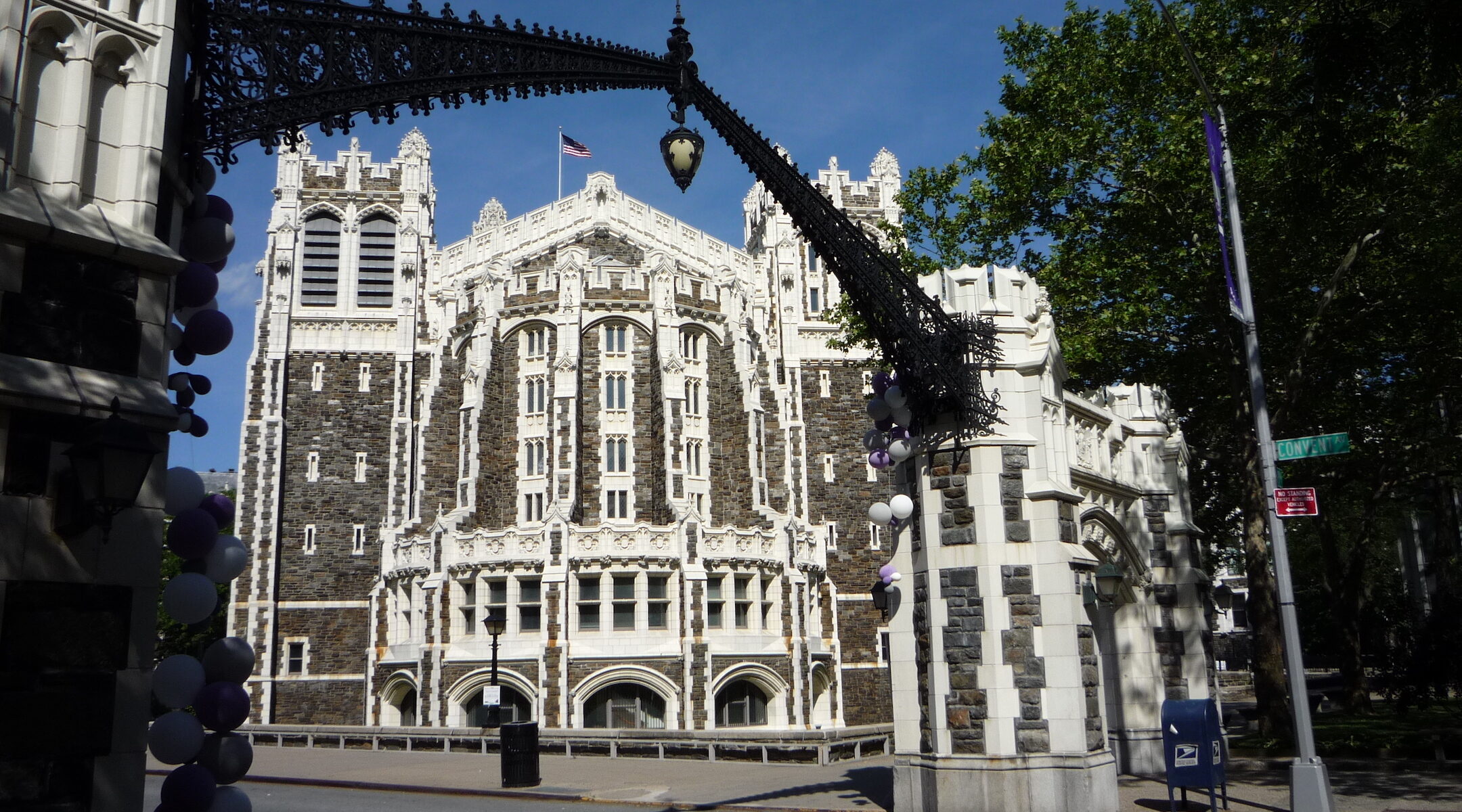(New York Jewish Week via JTA) — The story had all of the elements of a feel-good mystery novel: A box shows up on a college campus, its origins unclear. Nine months later, a professor who has made his way to the mailroom amid a global pandemic finally opens it — finding $180,000 in small bills bundled together and earmarked for needy students.
Officials at City College of New York were unable to determine who actually sent the gift, which made headlines this week when the public university’s central board formally accepted the cash. Even though the letter accompanying the donation contained a number of potential clues, an exhaustive search by the university and the U.S. Postal Service — one that included seeking video footage of the package being mailed — hit a dead end.
But stories about the donation, starting with a big reveal in The New York Times, don’t mention one clue that could offer insight about who sent the cash: its size.
The $180,000 figure is unmistakably a multiple of $18, the numerical value of the Hebrew word for life, chai. As a result, many Jews choose to make donations in increments of that number.
The anonymous donor also identified himself or herself as having graduated “long ago” — meaning that he or she may well have attended City College when it was a magnet for the city’s Jews.
For a good portion of the 20th century, City College was known colloquially as “the Jewish Harvard,” in part because quotas kept many top Jewish students out of elite private universities. By the late 1960s, those quotas were falling away and the City University of New York, of which City College is a flagship, had turned to open admissions in a bid to serve New York City high school graduates more equitably. While Jewish students continue to enroll at City College and other CUNY schools, they are now a significant minority.
The giver notes that he or she also attended Stuyvesant High School, which also enrolled mostly Jewish students during the middle of the 20th century. (Another potential clue: The elite New York City public school, to which entrance is determined by an exam, began admitting female students only in 1969. Depending on your interpretation of “long ago,” that suggests the giver may well be a man.)
Both Stuyvesant and City College bear evidence of their Jewish graduates’ success and affinity to their alma maters. At Stuyvesant, for example, the multimedia center bears the name of Robert Ira Lewy, a 1960 graduate whose career as a doctor included major contributions to treating heart disease and improving breast implant safety; he’s also given to Jewish causes.
At City College, meanwhile, the architecture school is named for Bernard Spitzer, a Jewish graduate who was also the father of former New York Gov, Eliot Spitzer; the library is named for Morris Raphael Cohen, a turn-of-the-20th-century graduate who became a longtime philosophy professor there; and an innovation center is named for Irwin Zahn, a graduate of both City College and Stuyvesant who died in November.
City College is planning to dole out the mystery funds according to the guidance in the donor’s letter, which instructed that the money go to needy physics and math double majors who have demonstrated high performance in their first years, ideally based on their grades. The first students could get scholarships as soon as next year, CUNY officials said.
“I’d like them to know that firstly, we are thankful for the gift. I’m really honored that he or she decided that this was the right place to spend that kind of money on,” Vinod Menon, the physics professor who first opened the package, told CNN. “And I’m also proud of the fact that the person had a wonderful career based on the education that they received at City College.”
The New York Jewish Week brings you the stories behind the headlines, keeping you connected to Jewish life in New York. Help sustain the reporting you trust by donating today.





